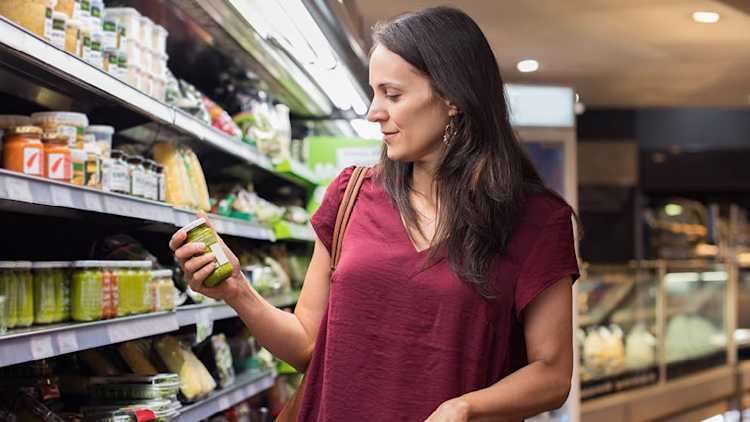How to promote the value of your local product

In the food and beverage industry, we have all heard that consumers want to buy local products.
Many retailers respond to the demand with local product programs or shelf space devoted to items produced in the province or the region. These are opportunities for producers and processors to get their products on the shelf. However, the products need to meet or exceed sales expectations to stay on the shelf.
Ensure consumers see the value in your local product - give them a compelling reason to buy.Yet delivering the sales can be a challenge. For some consumers, what they say and do can be different. They may say they want access to more local products, but when they get to the store, they opt for a less expensive national brand or private label product. To ensure consumers see the value in your local product, they need a compelling reason to buy.
Meanwhile, you need to understand your target market so you can share the benefits of your product to get these shoppers' attention and influence their purchase decisions. This story must be told often to resonate with consumers in a crowded marketplace.
It is not enough to tell them your product is local. This can get their attention but might not be enough to get them to pick it up and put it in their shopping cart. They need to understand the value your product delivers for them or their family. The value proposition for products can be many things.
Here are seven ways to promote the value of your local product to consumers
1. Remember: what’s inside matters
The ingredients in a product can deliver a value proposition that is appealing to certain consumers. These can be local ingredients that might only be available in your region. What is not in a product can also be a deciding factor for some shoppers. The absence of preservatives in a product that is produced close to the market can be an important point of differentiation.
2. Think green
Sustainability associated with a product is a growing influence on consumers. Perhaps your product is produced with a more ecological process, or it reduces food waste. One of the best attributes for local products to share is they have fewer miles on them to get to the marketplace, reducing their environmental footprint.
Packaging is another consideration in sustainability. If your package is compostable or uses less material than other brands, it can get you on the shelf and gain attention from consumers.
3. Feature local employees
Some consumers like to feel they support the local economy, so showcasing your people can reinforce this. Consumers might know some of the people featured in the marketing, which can deliver credibility or a personal attachment to your products.
4. Include recipes and serving suggestions
Consumers like recipes and serving suggestions because food preparation and presentation are easier, and they can look like stars in the kitchen. Your customers will like it because it drives consumption which translates into sales. Often, local products have a unique twist like smoked honey or sea buckthorn jam. These unique attributes are valuable points of differentiation, but you also need to help consumers use the products and be satisfied with the results.
5. Gather testimonials
Testimonials from influencers in your market are valuable components of your marketing plan. These can be chefs, people in the industry, celebrities, or others well respected by your target market. They can have an online presence or be used in other media. It’s effective when someone else is talking about your products.
6. Form strategic partnerships
One opportunity we would like to see used more often is local suppliers working together. If your products complement each other, you can promote them and share the costs. This also provides merchandising opportunities for retailers to display the products together and drive more sales.
7. Reinforce your story
These are all valuable selling features that mean something to many consumers. Do not assume they understand or know these facts about your product. Reinforce them every chance you get.
There are no doubt segments of consumers, and some retailers are interested in local products. In a period where consumers are more focused on the retail price and many local products sell at a premium, it’s more important than ever to give consumers a reason to buy. Focus on the product attributes that will resonate with your target market and be relentless in your marketing plan to promote your value proposition that will influence people to try your product.

Peter Chapman
Retail Marketer, Author, Speaker & Consultant
Peter Chapman understands how large retailers make decisions. His company, SKUFood, provides services to producers and manufacturers who want to increase their sales to large, centrally structured retailers or specialty retailers. Benefit from this valuable insight as Peter helps you understand your customers and how to sell more products to them. Peter is a regular contributor to FCC Knowledge and speaks at FCC events.

